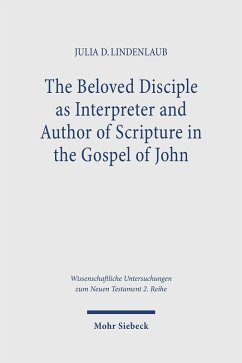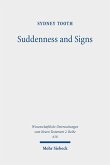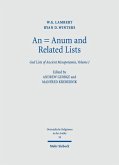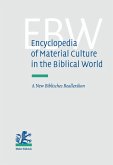Julia D. Lindenlaub presents the Gospel of John's deliberate emphasis on its status as a written literary composition as modelled on antecedent esteem for authoritative written texts in ancient Judaism. The gospel's creative representation of its authorship reveals a correspondence between scripture and gospel and therein an overlooked motivation for its preoccupation with the written medium. The Gospel of John attributes its authorship to the work of a 'beloved' disciple, whose role in the story presents him as both writer of the gospel and competent reader of texts from the Jewish scriptures. The author evaluates this figure's interpretation of these writings alongside his claim to compose a text in the same tradition. The argument presented reveals how the gospel's concern for referring to its written medium distinguishes it as 'scriptural' in the sense of its Jewish predecessors. Born 1992; 2020 PhD in New Testament and Christian Origins at the University of Edinburgh; Content Manager for Academic Journals at Cambridge University Press.
Dieser Download kann aus rechtlichen Gründen nur mit Rechnungsadresse in A, B, BG, CY, CZ, D, DK, EW, E, FIN, F, GR, HR, H, IRL, I, LT, L, LR, M, NL, PL, P, R, S, SLO, SK ausgeliefert werden.









